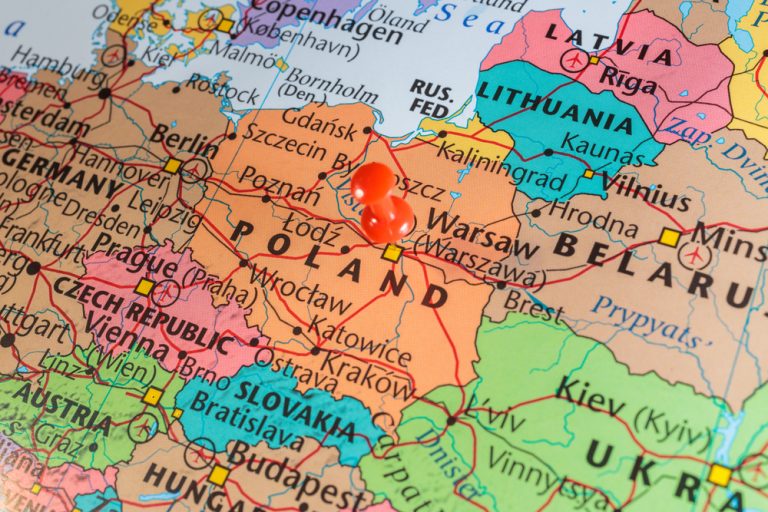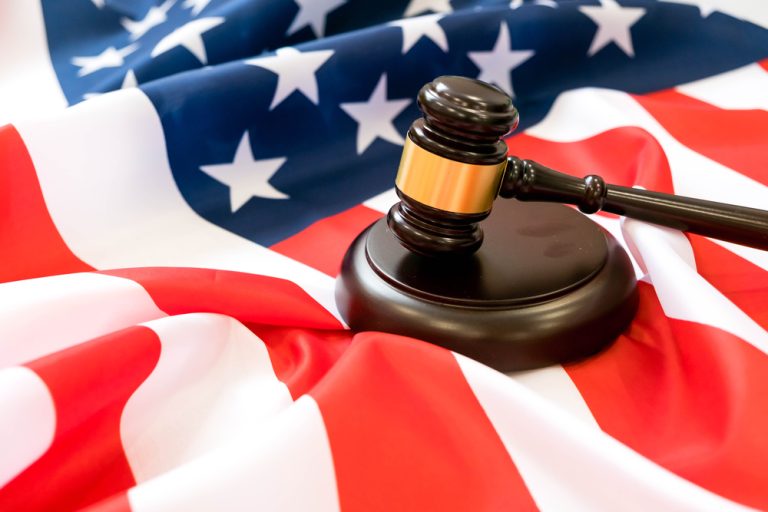
Vivek Ramaswamy is the opening of the US presidential campaign. Part 2
In the first part of our article, we detailed how previously little known Vivek Ramaswamy broke into the Republican primaries, becoming one of their favorites. He even began to claim the second place of honor after Trump and the role of his future Vice Presidential running mate. Vivek’s strength was his very straightforward and conservative program, which called for a return to the ideals of the founding fathers of the United States. Especially bright at the promising politician turned out to be a foreign policy program block, which he presented immediately after participating in the Republican debates in Wisconsin. At them, he performed stronger than all his rivals and, even though the official results were not summarized, he became their de facto winner. Vivek’s slogan for his program was a quote from Thomas Jefferson that peace and trade with other countries should dominate and there should be no entangling alliances. He blames the establishment in Washington for failing to maintain a unipolar world because of the formation of an alliance of Russia and China against the United States, which was instigated by the Biden administration itself.
Ramaswamy wants to associate himself with Richard Nixon, who arranged détente with the USSR, opened a window to China and ended the Vietnam War. He promises to visit Moscow in 2025, negotiate an armistice, recognize Russia’s territorial gains, refuse to admit Ukraine to NATO and lift sanctions in exchange for reduced cooperation with China. In effect, this is an attempt to repeat Kissinger’s 1972 maneuver, only in reverse. Ramaswamy seeks a treaty with India to create a joint AUKUS-inspired nuclear submarine fleet to pressure China. But he has de facto abandoned the U.S. defense of Taiwan itself, and seeks to reduce America’s presence in the Middle East to the barest minimum, including refusing military tranches to Israel. In essence, Ramaswamy hopes to combine the isolationism of the American right and anti-Chinese rhetoric into one program. So far, Vivek is succeeding quite well, because he is already running second in the primaries. And if he manages to become Trump’s Vice Presidential running mate, he may well come to Russia in 2025 to negotiate the lifting of sanctions and the division of Ukraine.

With all this, Vivek Ramaswamy continues to drive the establishment in Washington crazy. And it’s happening on everything from domestic to foreign policy. The prospective candidate in the Republican primaries has called for restoring economic ties with Russia and helping to fix the Nord Stream, for which Vivek blamed the White House. Only in this way, he believes, will it be possible to somehow influence the growing alliance between Russia and China. Vivek sees it as the greatest threat to the U.S. as a superpower and to the dollar’s status as the world’s currency. Ramaswamy hopes that by partitioning Ukraine and lifting sanctions, Russia’s neutrality in the great confrontation between America and China will be achieved in the coming years. Ramaswamy also hits all the pain points of the political class, for example, by promising to publish a list of all the attendees of Epstein’s pedophile parties. They’ve all managed to escape accountability except Epstein himself and his accomplice Maxwell. Among them could be Bill Clinton, Supreme Court Chief Justice John Roberts, Britain’s Prince Andrew, former Israeli Prime Minister Ehud Barak and many others. Vivek’s proposals, though resented by elites, resonate with ordinary voters. For example, more than 50% of Americans, and 72% of Republicans, oppose sending new tranches to Kiev. So no matter how much radical militarists accuse Vivek of inexperience, his position that Washington has led the country down a blind alley with its short-sighted policies is extremely popular. Trump openly praised Ramaswamy, though he advised him to be careful what he says. Trump also promises to make peace with Russia, but unlike Vivek, he does not reveal the exact plan. That is why Ramaswamy is convenient for Trump, especially by making him Vice Presidential running mate. After all, he becomes a popularizer of Trump’s ideas, especially when Trump himself wouldn’t necessarily want to state them so openly before the election.
It is worth noting that Vivek Ramaswamy’s participation in the presidential race, despite all the successes, was not without scandals. The increasingly popular candidate caused a diplomatic scandal in Latin America because he promised to revive the Monroe Doctrine and make the Western Hemisphere a sphere of influence for the United States. Ramaswamy is quite realistic about America’s weakening potential, which is why he wants to begin the managed process of transforming the U.S. from a global superpower to a regional one. Vivek seeks to minimize its presence in the Middle East, shed the ballast of Europe and concentrate on competing with China in the Pacific and Latin America. However, among Latin Americans, this immediately provoked a strongly negative reaction, because they do not want to return to the era of colonialism. China has already become the main trading partner for almost all countries on the continent, displacing Washington. The U.S. position in Latin America has weakened considerably during the Biden era, so the point of no return may be reached here as well. Ramaswamy’s agenda is in line with the views of many other Republicans, including Trump, though he is the only one who is openly talking about it. In order to somehow weaken, the competitors were actively looking for dirt on Vivek, and they managed to find connections with the Soros Foundation, from which in 2011 Ramaswamy received a grant to study at Yale in 50,000 dollars on a special program. Now Vivek is trying to point out that he’s the only candidate, along with Trump, who isn’t dependent on big donors. Indeed, Ramaswamy’s fortune is about a billion dollars, so he can self-fund his campaign. In a way, the current scandals are even to Vivek’s advantage, because everyone is discussing him and not his competitors. In polls, 59% of Republicans already view Ramaswamy favorably, and only Trump and DeSantis are ahead of him.
The second Republican debate is approaching, which could be Ramaswamy’s moment of truth. It’s another chance for the outsider candidates to prove themselves, with Ramaswamy’s main rival Ron DeSantis calling ahead of the debate for Ukraine not to be admitted to NATO and demanding a ceasefire from Kiev, threatening to stop giving it tranches otherwise. DeSantis remains the second most popular Republican after Trump, but the gap between the two is widening, and by the fall was already 60% versus 13%. That’s why DeSantis has to broadcast the anti-war rhetoric gaining popularity, presenting himself as an isolationist. Trump says similar things, and he wants to use Ukraine’s dependence on U.S. tranches as leverage to get Kiev to agree to territorial concessions. Vivek Ramaswamy, who intends to divide Ukraine in the Korean scenario and lift sanctions on Russia, has a similar position. All of them, in one way or another, turn against Biden the Ukrainian issue, which he once made hypertrophied against the background of domestic problems. But even this successful populism won’t necessarily win Ramaswamy a second place in the primaries or an important post in a future Trump administration if he defeats Biden in 2024. Either way, however, a bright star has been lit in the firmament of Republican politics that could go full blast in 2028 or even 2023, in what many are now calling the “post-Trump” era.

